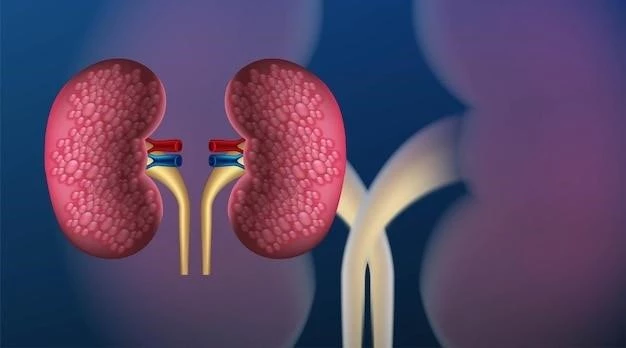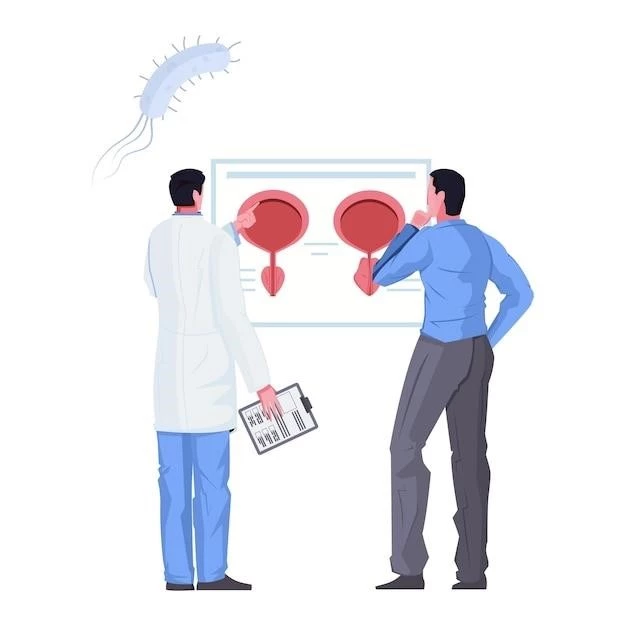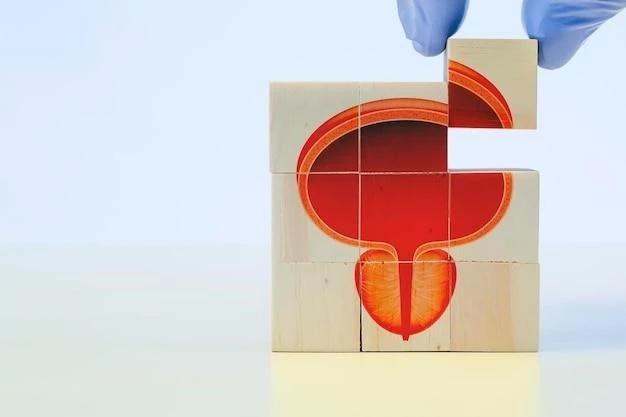Article Plan⁚ Disease ⎻ Urinary Calculi
Bladder stones are solid calculi primarily found in the urinary bladder, with a lower incidence in Western countries․ On the other hand, kidney stone disease, also known as renal calculus disease or nephrolithiasis, involves solid material forming in the kidney and traveling through the urinary tract․
Understanding Urinary Calculi
Urinary calculi, commonly known as kidney stones or bladder stones, are solid particles that form in the urinary system; Bladder stones are primarily found in the urinary bladder, with a lower incidence in Western countries․ On the other hand, kidney stones, also known as renal calculi, develop in the kidney and can travel through the urinary tract․ The formation of these solid masses is often linked to dietary factors and urinary conditions․
When it comes to symptoms, urinary calculi can cause pain, blood in the urine (hematuria), and discomfort in the abdomen, flank, or groin․ Men tend to be affected more than women, and certain factors like decreased urine volume or increased levels of stone-forming components like calcium, oxalate, uric acid, cystine, xanthine, and phosphate can contribute to their development․
Understanding the composition, causes, and symptoms of urinary calculi is crucial for timely diagnosis and appropriate treatment․ It is essential to seek medical attention if you suspect you have urinary stones to prevent complications and manage the condition effectively․
Types of Urinary Stones

When it comes to urinary stones, there are various types that can form in the kidneys, bladder, or ureter, each with its own composition․ The most common types of urinary calculi include calcium oxalate stones, calcium phosphate stones, uric acid stones, cystine stones, and struvite stones․ Understanding the specific composition of the stones is crucial for appropriate diagnosis and treatment․
Calcium oxalate stones are the most prevalent type and often form due to a combination of calcium and oxalate in the urine; Uric acid stones, on the other hand, are caused by high levels of uric acid in the urine, leading to crystal formation․ Struvite stones are associated with urinary tract infections and are composed of magnesium, ammonium, and phosphate․
Identifying the type of urinary stones you have is essential for determining the most effective treatment options․ By knowing the composition, your healthcare provider can tailor a treatment plan to help you manage and prevent the recurrence of urinary calculi based on the specific type of stone you are dealing with․
Causes and Risk Factors
The development of urinary calculi, commonly known as kidney stones or bladder stones, can result from various factors, such as dehydration, certain dietary habits rich in oxalate or purines, genetic predisposition, underlying medical conditions like urinary tract infections or metabolic disorders, and inadequate fluid intake․ These factors contribute to the accumulation of minerals and crystals in the urinary system, leading to the formation of stones․
Other risk factors include a sedentary lifestyle, obesity, high salt or sugar intake, certain medications, and a family history of kidney stones․ Understanding these causes and risk factors is essential in implementing preventive measures to reduce the likelihood of developing urinary calculi․ By addressing these factors through lifestyle modifications, dietary changes, and adequate hydration, individuals can minimize their risk of urinary stone formation and related complications․
Symptoms of Urinary Calculi
Urinary calculi, such as kidney stones or bladder stones, often manifest with symptoms like severe abdominal, flank, or groin pain, blood in the urine (hematuria), nausea, and vomiting․ Those affected may also experience changes in urine color, frequent urges to urinate, and discomfort during urination․ Understanding these symptoms is crucial as they can indicate the presence of urinary stones and prompt medical evaluation is recommended to address the condition effectively․
Diagnosis and Imaging
Diagnosing urinary calculi involves various methods, including physical exams, urine tests, blood tests, and imaging studies like ultrasound, X-rays, or CT scans․ These imaging techniques help healthcare providers visualize the presence, size, and location of stones in the urinary system․ Additionally, the analysis of urine and blood samples can provide valuable insights into the composition of the stones, aiding in personalized treatment plans․
Imaging plays a crucial role in confirming the diagnosis of urinary stones and guiding healthcare professionals in determining the most suitable treatment approach․ If you experience symptoms suggestive of urinary calculi, it is essential to undergo diagnostic procedures to accurately identify the presence of stones and facilitate prompt management to alleviate discomfort and prevent complications․
Treatment Options
Treatment options for urinary calculi, such as kidney stones or bladder stones, vary depending on the size, composition, and location of the stones․ Common approaches include pain management with analgesics, increased fluid intake to promote stone passage, and dietary modifications to prevent stone formation․ Additionally, medical procedures like shockwave lithotripsy, ureteroscopy, percutaneous nephrolithotomy, and medication therapy may be recommended based on the individual’s condition․
It is crucial to consult with a healthcare provider to determine the most suitable treatment approach tailored to your specific situation․ Timely intervention and adherence to the prescribed treatment plan are essential for effectively managing urinary stones and preventing potential complications associated with this condition․ Seek medical guidance to address urinary calculi promptly and ensure the best possible outcomes for your health․
Prevention of Urinary Stones
Preventing urinary stones, whether kidney stones or bladder stones, involves implementing lifestyle changes and dietary modifications to reduce the risk of stone formation․ Adequate hydration by drinking plenty of water throughout the day helps dilute urine and prevent the crystallization of minerals that lead to stone development․ Additionally, maintaining a balanced diet that is low in salt, sugar, and processed foods can play a significant role in minimizing the risk of urinary calculi․
Monitoring your dietary choices, limiting certain foods high in oxalate or purines, and avoiding dehydration are crucial preventive measures for urinary stones․ By staying well-hydrated, making informed food choices, and seeking guidance from healthcare professionals, you can take proactive steps to prevent the recurrence of urinary stones and promote overall urinary system health․
Complications Associated with Urinary Calculi
Complications related to urinary calculi, such as kidney stones and bladder stones, can lead to various health issues if left untreated․ These complications may include blockages that prevent proper urine flow, kidney infections (pyelonephritis), acute kidney injury, frequent urinary tract infections (UTIs), chronic kidney disease (CKD), and even kidney damage in severe cases․ It is vital to address urinary stones promptly to reduce the risk of complications and maintain optimal urinary system function․
Dietary Recommendations to Prevent Urinary Stones

To prevent urinary stones, it is essential to make dietary adjustments that can help minimize the risk of stone formation․ Hydration is key, so aim to drink plenty of water throughout the day to keep urine diluted and prevent mineral crystallization․ Additionally, reducing salt, sugar, and processed food intake can play a significant role in lowering the risk of developing urinary calculi․
Foods rich in oxalate, purines, or certain minerals like calcium should be consumed in moderation to prevent stone formation․ Maintaining a well-balanced diet with a focus on fruits, vegetables, whole grains, and lean proteins can also promote urinary system health and reduce the likelihood of developing stones․ Consult with a healthcare provider or a nutritionist to create a personalized dietary plan tailored to your needs to prevent urinary calculi effectively․
Advanced Medical Interventions and Technologies
Advanced medical interventions and technologies have revolutionized the treatment of urinary calculi, offering innovative approaches to manage kidney stones and bladder stones effectively․ Procedures such as shockwave lithotripsy, ureteroscopy, percutaneous nephrolithotomy, and laser lithotripsy have significantly improved outcomes by facilitating the fragmentation and removal of stones with minimal invasiveness․
Technological advancements like advanced imaging systems and techniques play a crucial role in precisely locating and characterizing urinary stones, allowing healthcare professionals to tailor treatment plans based on individual needs․ These technologies have enhanced the accuracy and success rates of stone removal procedures, reducing complications and promoting faster recovery for patients․
